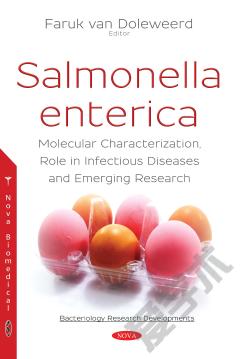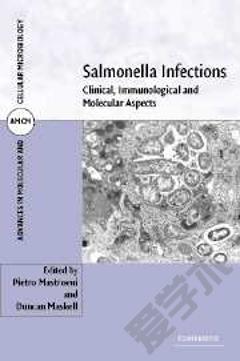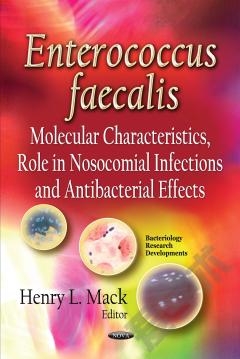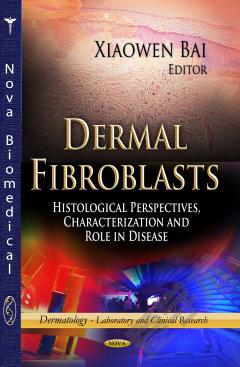Salmonella enterica: Molecular Characterization, Role in Infectious Diseases and Emerging Research
The bacterium Salmonella enterica is a serious bacterial pathogen and causative agent of salmonellosis infections on a worldwide scale. Many clinical isolates of Salmonella enterica. Following this, the strengths and limitations of the available molecular tools for effective epidemiological assessment of foodborne salmonellae are collected and critically discussed. Such integration would allow accurate identification of both infection source and transmission route that would lead to implementation of effective control measures. Additionally, the role of Salmonella enterica as a possible therapeutic alternative in the fight against cancer. Although Salmonella enterica tumor selectivity remains unclear, pre-clinical and clinical trials have shown its localization in solid, semi-solid and metastatic tumors. The final chapter reviews some mechanisms and recent trends in the spread of multidrug resistant Salmonella enterica. serovar in Nigeria. Antibiotic use both in animal and human medicine and environmental factors, all have a role in the emergence, persistence and spread of resistance.
{{comment.content}}








 京公网安备 11010802027623号
京公网安备 11010802027623号